Need stable and favorable policy environment
President Joe Biden's historic visit and the upgrading of relations to a comprehensive strategic partnership will create unprecedented opportunities to promote new, breakthrough areas of cooperation, building internal strength so that Vietnam can truly be present in global value chains.
A series of typical Vietnam-US technology cooperation projects have been announced, such as the semiconductor supply chain Amkor Technology (headquartered in Arizona) will set up a factory in Bac Ninh and officially start operating from October 2023. The total investment for this project is 1.6 billion USD.
Synopsys (California) will launch a semiconductor design and innovation incubation center in collaboration with the Ho Chi Minh City Hi-Tech Park. Marvell (California) will also announce the construction of a world-class semiconductor design center in Ho Chi Minh City.
Minister of Industry and Trade Nguyen Hong Dien said that there has been a clear trend of large US corporations such as Intel, Apple, Google, Boeing, Walmart, etc. researching and investing in expanding their supply chains in Vietnam.
Data from the Foreign Investment Agency (Ministry of Planning and Investment) shows that by the end of 2022, US businesses had invested in 1,216 projects in Vietnam, with a total capital of 11.4 billion USD. The United States ranked 11th among the countries and territories investing the most in Vietnam.
However, this figure may not fully reflect the investment capital flow of US enterprises, because many US multinational companies still regularly invest indirectly in Vietnam through other countries and territories such as the British Virgin Islands, Samoa, Cayman Islands, etc.
Speaking with PV.VietNamNet, Ms. Nguyen Minh Thao, Head of the Business Environment and Competitiveness Research Department (Central Institute for Economic Management) said: The upgrading of Vietnam and the US relationship to a comprehensive strategic partnership is an opportunity to attract investors, especially US technology investors.
However, to attract these investors to Vietnam, it is necessary to have a good policy environment for them.
This is not a matter of incentives, but rather the institution must be favorable for investors to develop business activities and attract a network of businesses in their supply chain to Vietnam.
To attract large US corporations, Ms. Nguyen Minh Thao recommends: “The policy environment needs to be stable, procedures need to be more favorable so that investors see this as a good investment opportunity. Large foreign investors often pay great attention to policy stability, which is what they need most.”
According to this expert, investors are looking forward to Vietnam's policies to decide on investment plans. Upgrading the relationship to a comprehensive strategic partnership between the two countries is an opportunity for investors to review the institutional corridor for business operations.
New investment areas in technology will also be quite new to Vietnam. Is Vietnam ready to open up to new business and investment models, new technology industries, or will it still use old management methods for new investment activities?
That is also the room to create an environment to encourage new businesses to invest, creating spillover effects with domestic businesses.
“Foreign investors still believe that there are some barriers in the business environment when entering the Vietnamese market. This is also an opportunity for us to review the institutions and reassess where there is room for reform to attract investors in new fields,” Ms. Thao hopes.
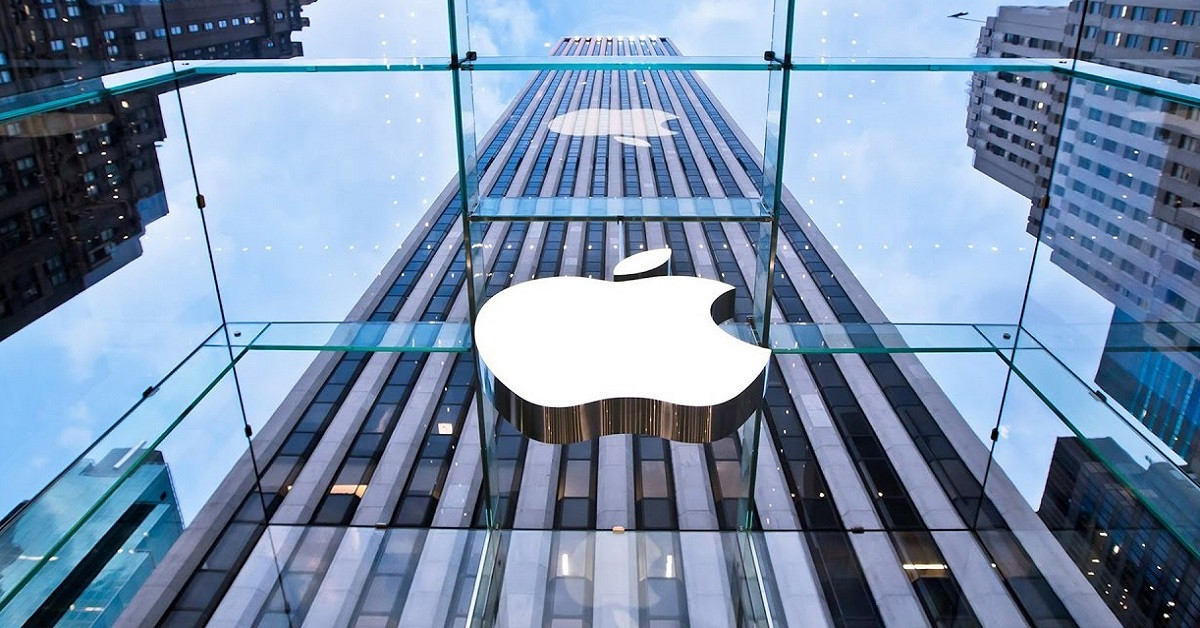
Efforts to improve to welcome large capital flows
Mr. Nguyen Dinh Luong, former Head of the Vietnam - US Bilateral Trade Agreement (BTA) Negotiation Delegation, emphasized: Americans are very pragmatic and professional, so they like a methodical, professional and modern way of doing business, not the "hit and run" style.
To enter a market, they must research and build a long-term strategy. They will only invest when they are truly confident with the money they spend.
The former Head of the BTA Negotiation Delegation also agreed with the view that the business environment needs to be improved to attract more investment from the US. This will help the economic and trade relations between the two countries become more balanced and sustainable.
In addition, we need to improve infrastructure and human resources. These are also issues that need attention and specific solutions for Vietnam to improve the investment environment and welcome new investment waves.
In addition, the flow of high-quality US investment capital into Vietnam will face a new challenge. That is the global minimum tax policy. Countries receiving FDI capital cannot apply a tax rate lower than 15%. At that time, countries that attract FDI through tax incentives like Vietnam will face many difficulties.
According to the Ministry of Planning and Investment, investors, especially multinational companies, invest in new projects as well as expansion in Vietnam, mainly due to the stability of the investment environment as well as the commitment to policies to ensure business investment in case of changes in laws and policies.
Vietnam’s lack of timely solutions to accompany businesses will affect the decision to expand or maintain investment of multinational companies operating in Vietnam and lead to a decrease in attracting other satellite companies. At the same time, it will reduce the motivation of new investors planning to invest in Vietnam.
In case Vietnam does not make any moves to adjust its investment incentive policies and appropriate implementation mechanisms, the application of the global minimum tax rate policy will reduce the effectiveness of Vietnam's corporate income tax incentive policy; it will no longer be attractive enough to retain or attract new investment capital from multinational corporations. As a result, Vietnam's competitive position compared to other countries in the region as well as the attraction of selective, high-quality FDI capital will be affected.
Therefore, the Ministry of Planning and Investment and the Ministry of Finance are drafting resolutions for the Government to submit to the National Assembly for promulgation of new policies and mechanisms to attract FDI. These include the draft resolution on piloting investment support policies in the high-tech sector; the draft resolution on applying additional corporate income tax according to regulations against global tax base erosion...
The implementation of a global minimum tax policy will fundamentally change the investment motivation of a multinational corporation, including American investors. Investment decisions of foreign enterprises and investors will depend on non-tax factors in the coming time. These are the business environment, technological infrastructure, quantity and quality of labor, and supporting industries.
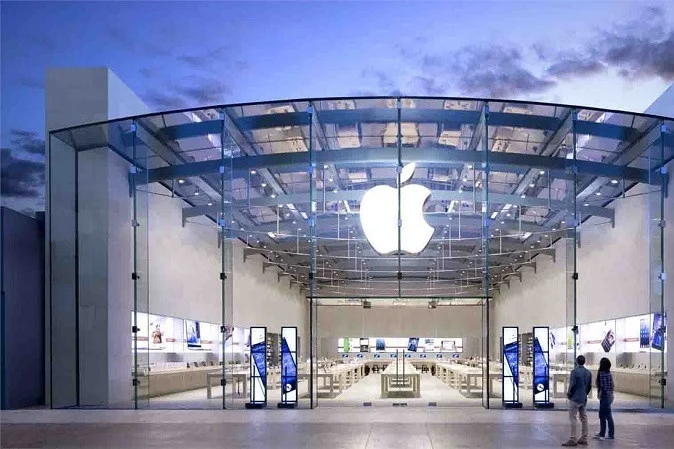
Source






















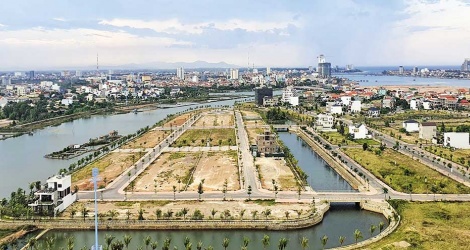

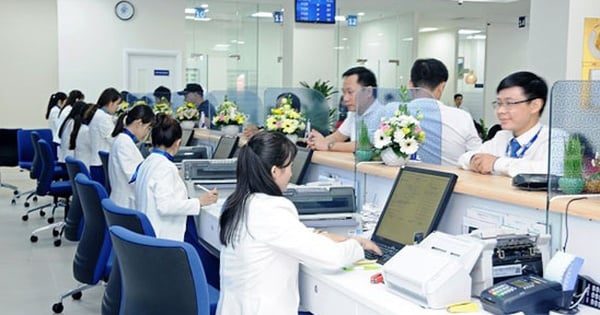


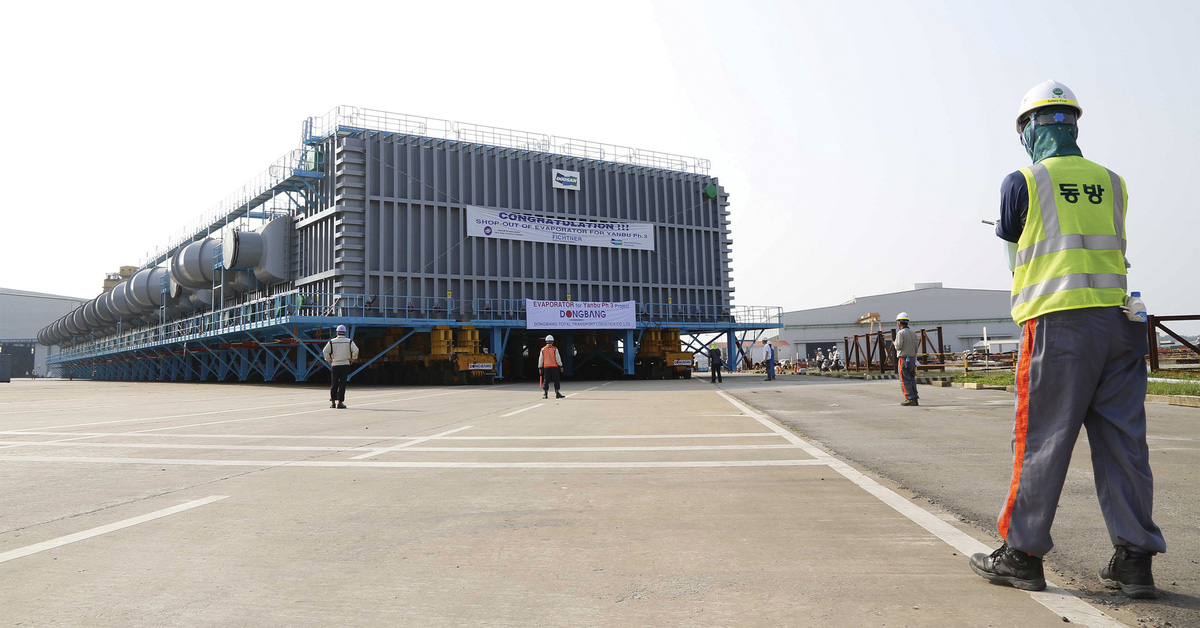


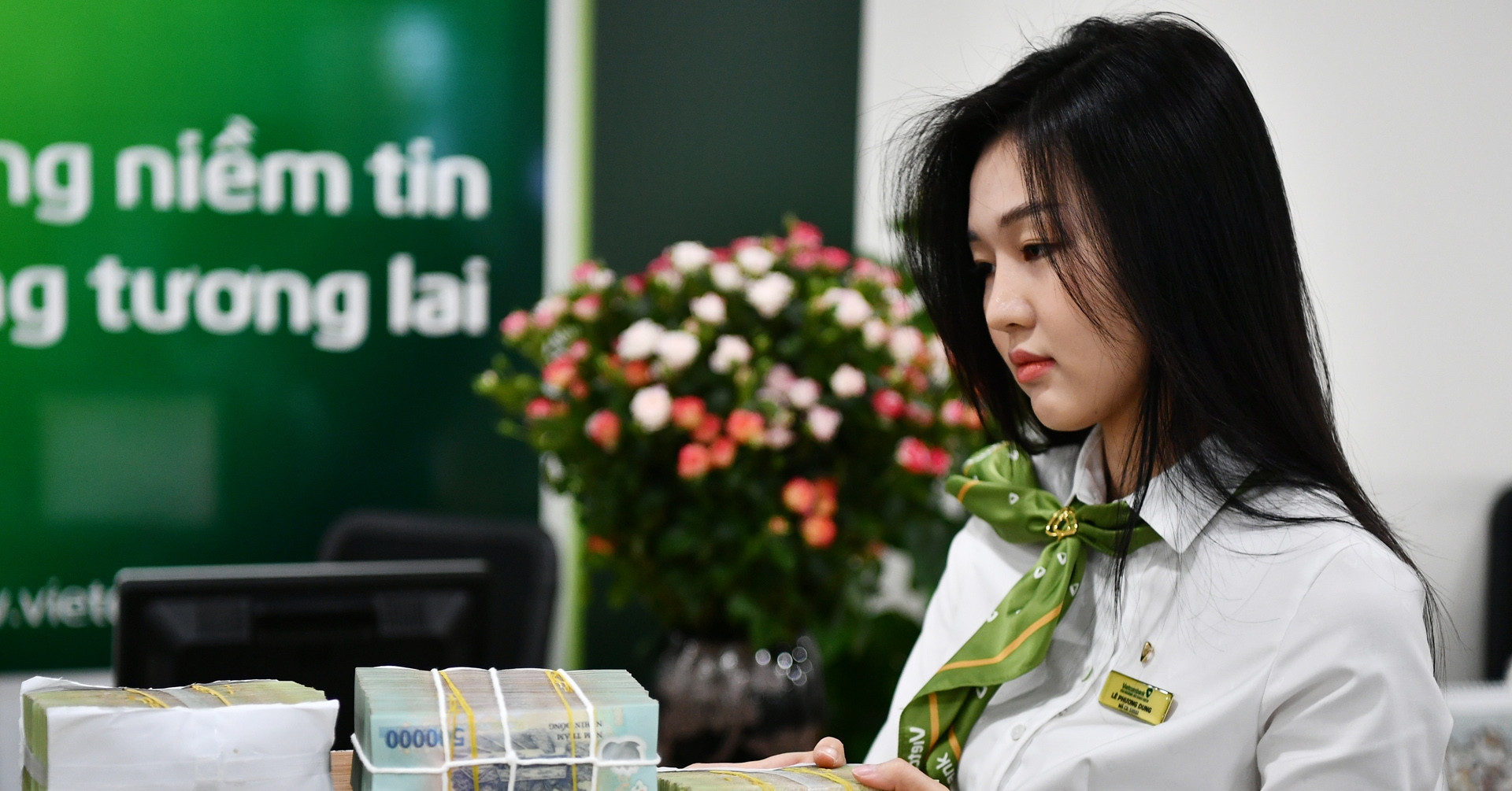
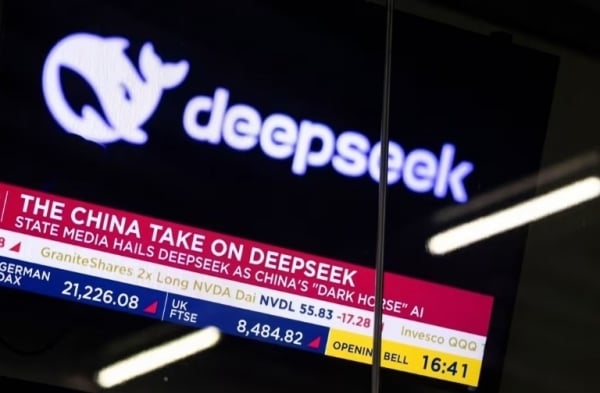



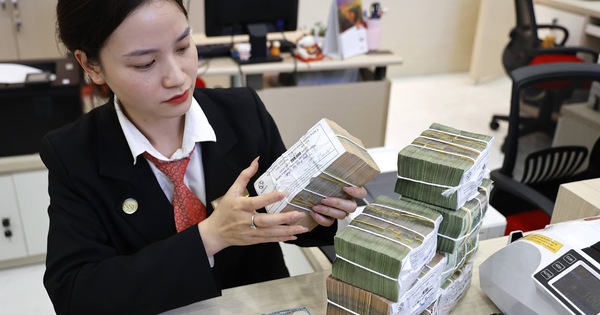
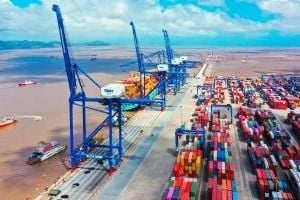









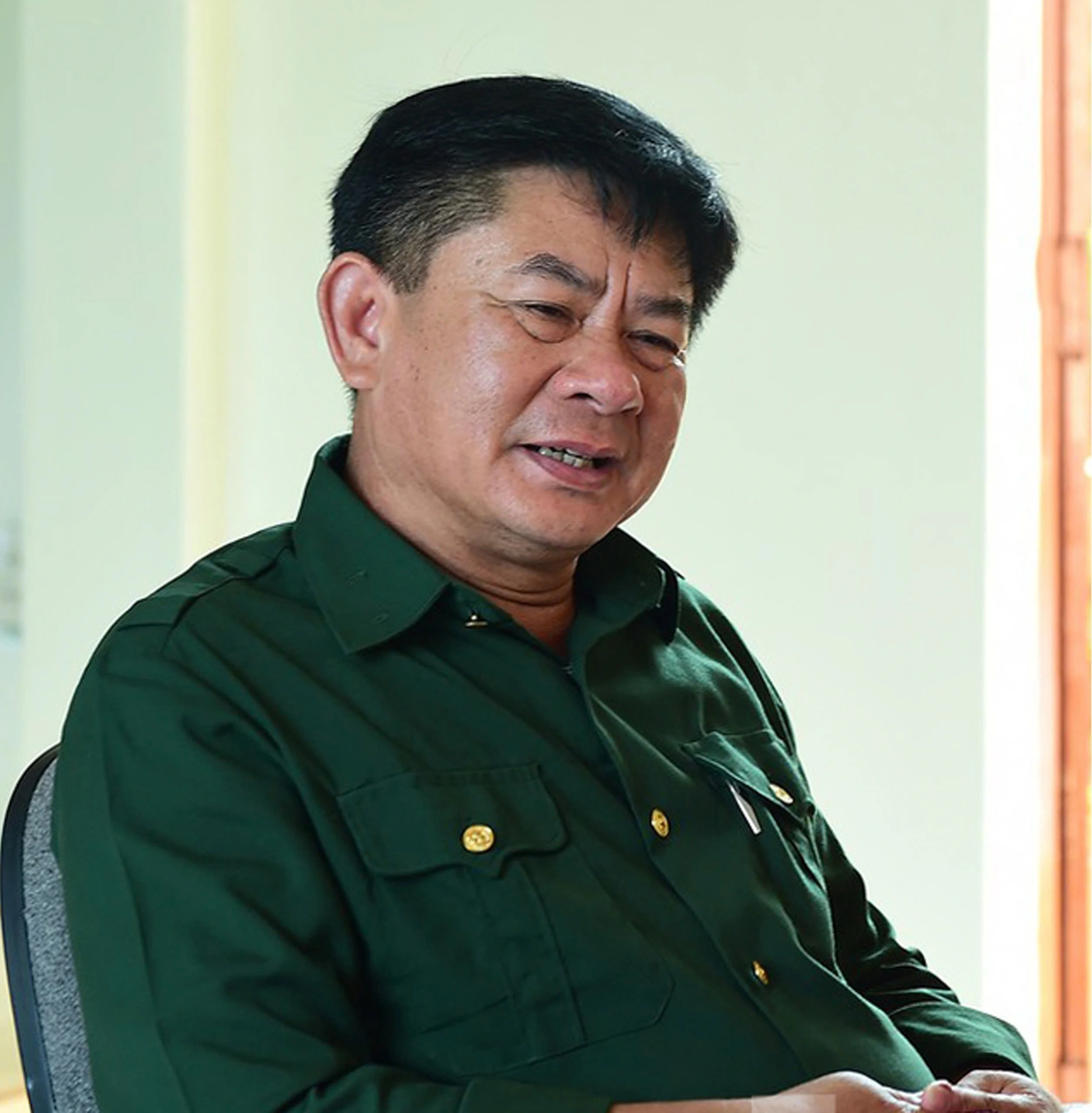









Comment (0)